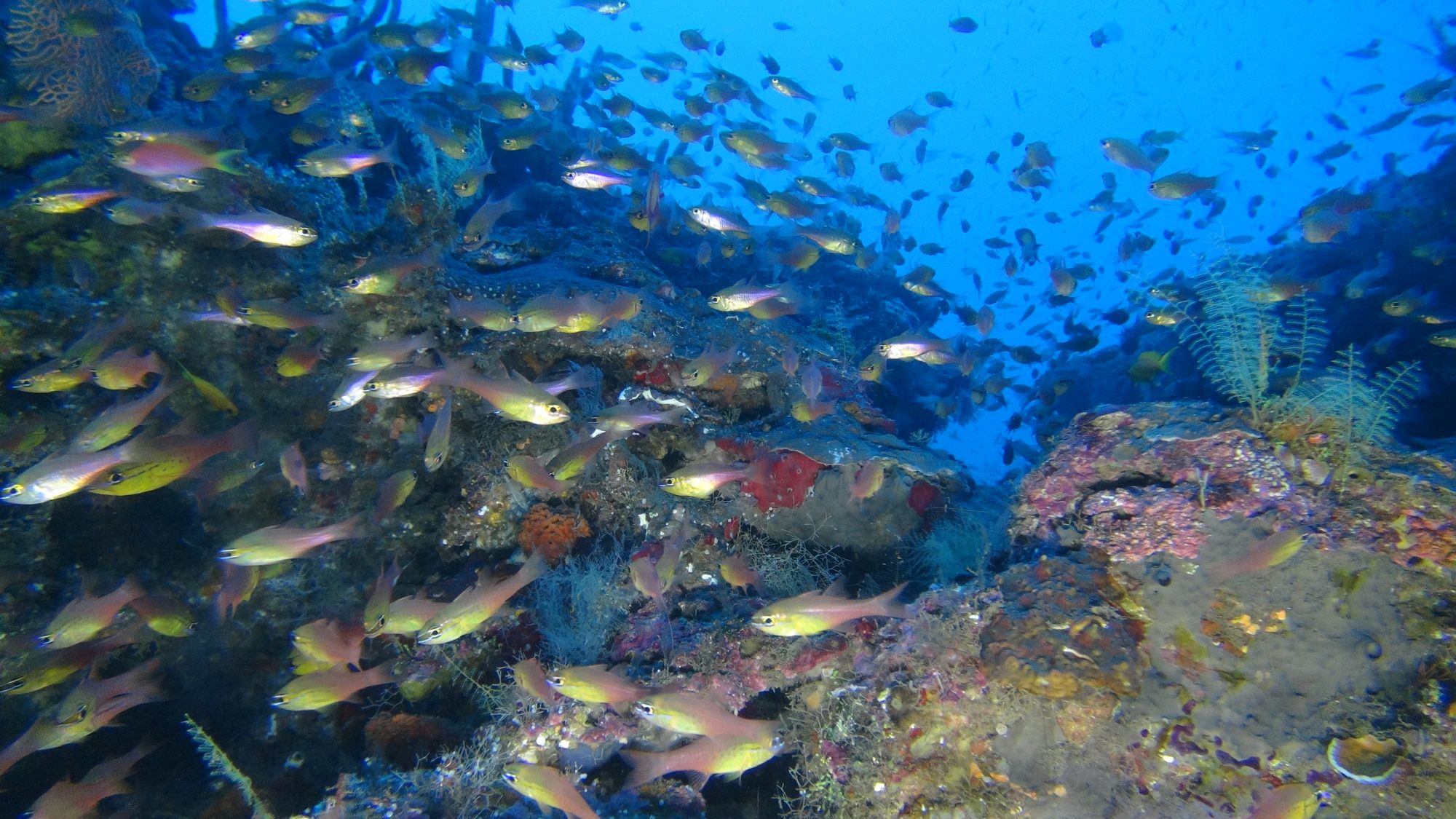
The Government of the Comoros and Nekton are launching the nation’s first systematic exploration of its ocean, from the surface to 900 metres. The waters surrounding the Comoros Islands, at the heart of the Mozambique Channel, are among the most biodiverse yet least studied regions of the global ocean.
Comoros and Nekton Launch First Systematic Ocean Exploration Mission to Support 30x30 Commitment
Nekton First Descent: Comoros is a collaborative scientific and communications initiative within the R-POC programme, bringing together Comorian and international expertise to conduct comprehensive marine biodiversity assessments. The mission supports the Comoros’ commitment to protecting 30% of its ocean by 2030 and expanding knowledge of iconic marine life and habitats.
Advanced sampling technologies will be deployed to study ecologically critical and unexplored habitats, with a focus on the mesophotic and deep zones. Particular attention will be given to the coelacanth (Latimeria chalumnae), locally known as Gombessa, through both fieldwork and desktop analysis to develop a Comorian-led strategy for population and habitat assessment.
To advance the scientific exploration of Comoros waters – one of the most biodiverse and least known parts of the global ocean – led by a celebrated cadre of Comorian explorers / scientists.
To collect and share biodiversity data that inform the development of new, and expansion of existing, Marine Protected Areas in the inshore and offshore environments of the Union of the Comoros.
To consolidate available local data, build international networks and exchange knowledge, and to explore new sites that will support the development of a Comorian-led Gombessa (Coelacanth) research programme.
To deliver a collaborative communications initiative the ‘Voice of the Comoros’, amplifying the narrative around expert local knowledge in the Comoros and the impact of large, co-developed international collaborations on the national targets.

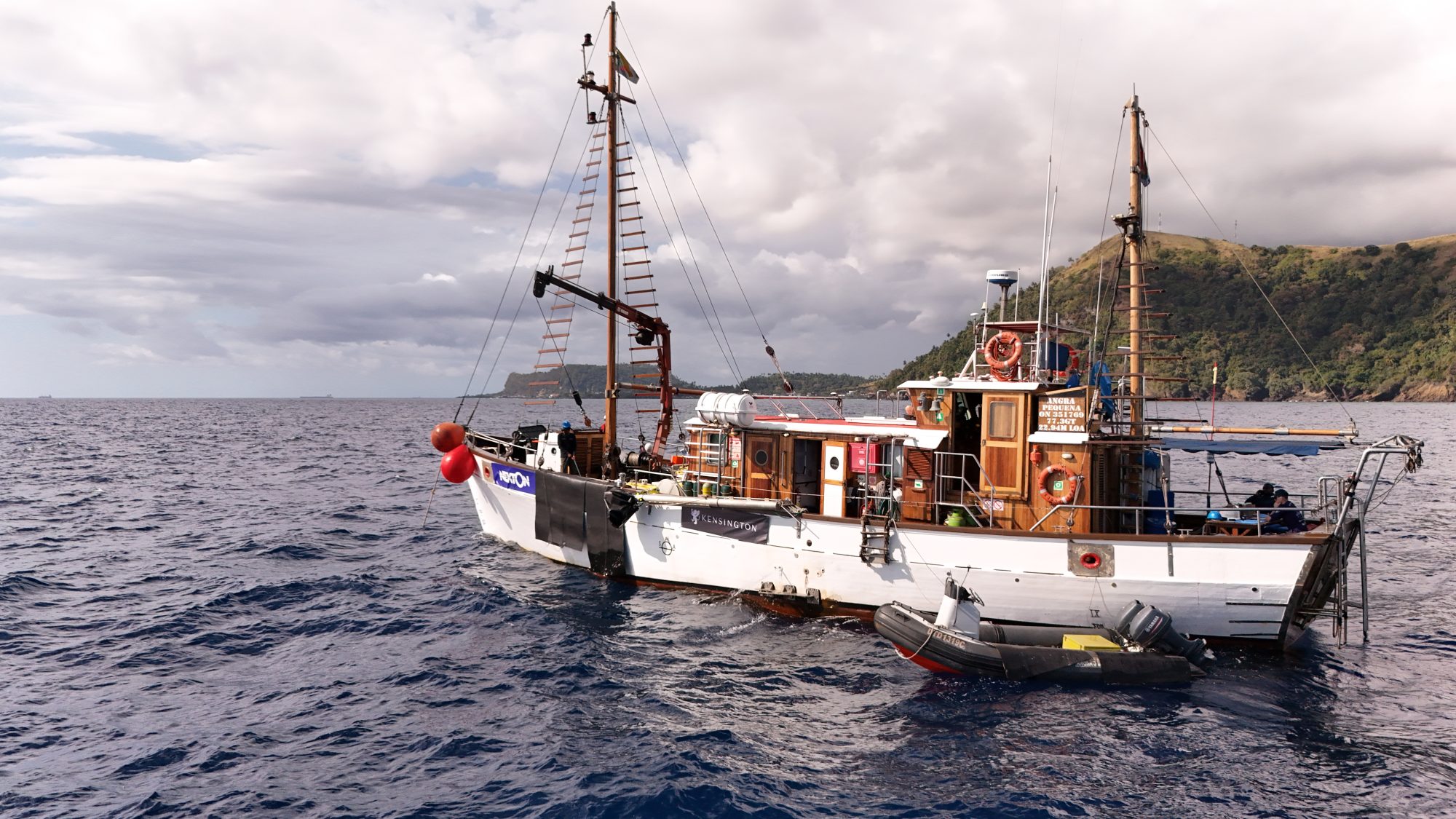
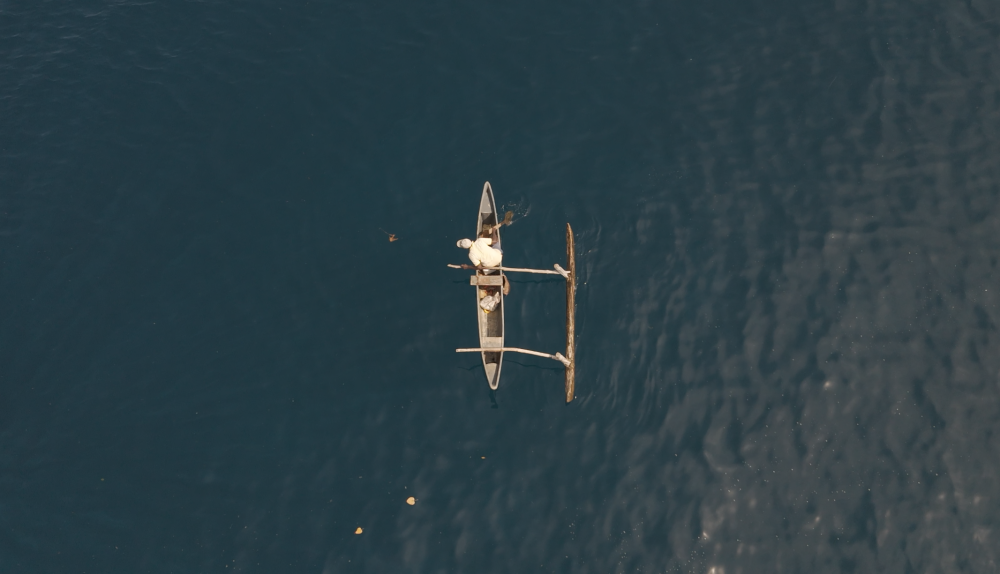
Anjouan’s fishers describe declining stocks and their commitment to protection
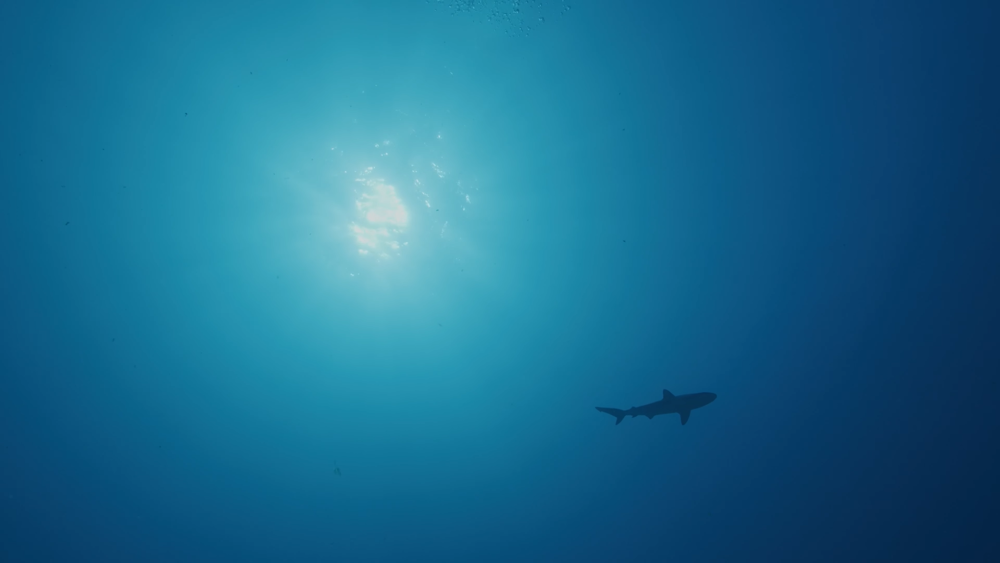
Local Fishing communities and shark researchers discuss the plight of Comoros' sharks
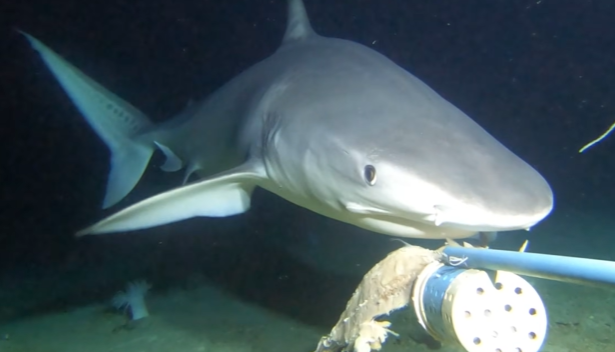
These sightings are particularly valuable, and enhance the need for effective marine management
Coastal Oceans Research and Development in the Indian Ocean (CORDIO), East Africa is a non-governmental organisation working at the intersection of marine scientific research and conservation policy and practice in the western Indian Ocean (WIO). CORDIO’s work ranges from promoting sustainable resource use within fishing communities to national and regional policy development to improve governance of marine ecosystems.
As a programme of the WILDTRUST, the WILDOCEANS programme champions inclusive, locally rooted solutions that conserve & restore ocean species and ecosystems, strengthen governance, and create lasting, tangible benefits for coastal communities who depend on the ocean for their livelihoods. At the same time, we catalyse and contribute to national, regional, and global action, at scale.
Through strong science, strategic partnerships, and inclusive community development, WILDOCEANS delivers locally led, globally significant impact – advancing the 30×30 ocean conservation goal and broader climate action efforts, while building resilient systems for and with future generations.
The South African Institute for Aquatic Biodiversity (NRF-SAIAB) is a national facility of the National Research Foundation (NRF). NRF-SAIAB contributes to two national Operation Phakisa Labs, which aim to unlock South Africa’s potential in the Biodiversity Economy and the Blue Economy. With core funding from the South African Department of Science, Technology and Innovation and the NRF, the Institute has developed advanced research platforms capable of operating across diverse aquatic environments. These platforms have positioned NRF-SAIAB as an innovative leader in aquatic biodiversity research. Through its research, student supervision, and platform provision, NRF-SAIAB supports the higher education sector by educating, training, and developing the aquatic researchers and managers of the future.
Kensington is the leader in private guided luxury travel, offering bespoke journeys in over 120 countries. Its portfolio spans Kensington Tours, Cruises, Villas, Air, and sister company Kensington Yachts, a dedicated yacht brokerage which blends land and sea experiences. Its newest addition, Kensington Expeditions, takes luxury and adventure to new heights with immersive itineraries across land, sea, air, and even space.